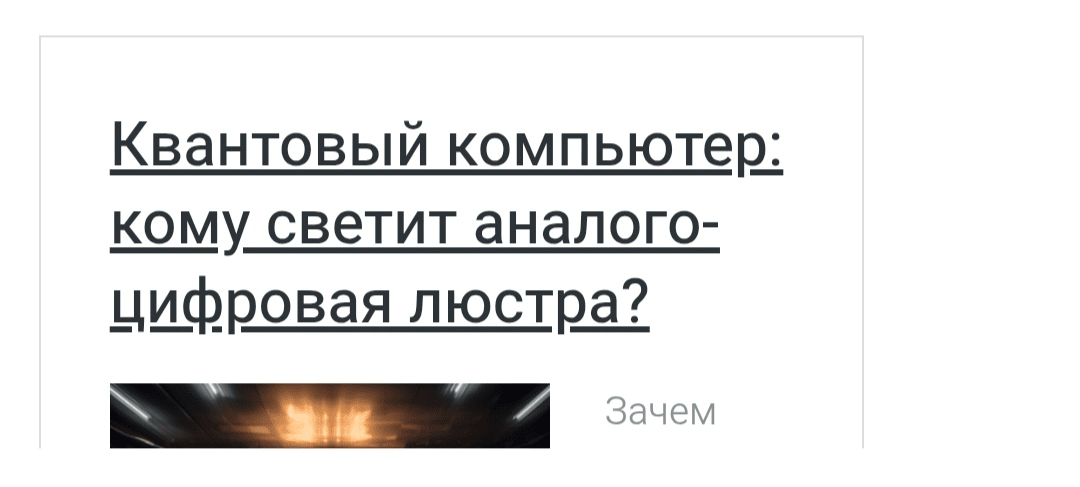Modern blockchains like Solana, Sui, and Near are more protected from the threat of quantum computers than Bitcoin and Ethereum. This conclusion was made by analysts at Mysten Labs.
The networks of the two largest cryptocurrencies by market capitalization operate on ECDSA, which is theoretically vulnerable to quantum attacks. Shor's algorithm can recover private keys based on public ones. The security of ECDSA also depends on the quality of randomness in signature generation — this creates risks in case of implementation errors.
EdDSA in Solana, Sui, and Near is more reliable: it uses Edwards curves, does not require random numbers for signatures, and is easier to adapt to post-quantum cryptography.
Post-quantum cryptographic standards
According to Mysten Labs co-founder Kostas Halkias, quantum computers "can destroy all modern cryptography." Therefore, pressure on blockchains is increasing — now also from corporations.
Large companies and entire states are increasingly forming Bitcoin and Ethereum reserves. They also have to think about how to secure their investments.
"Governments are well aware of the risks associated with quantum computing. Various agencies around the world have already issued directives that old encryption systems like ECDSA and RSA should disappear by 2030 or 2035," said Halkias in a comment to Decrypt.
Possible difficulties
Currently, quantum computers are not powerful enough to hack the Bitcoin and Ethereum networks. However, it is time to prepare now, noted Professor of Computer Science at San Jose State University Ahmed Banafa.
Transitioning to quantum-resistant algorithms will require a hard fork, including a change of addresses and migration of funds. However, the expert acknowledged that the likelihood of such an upgrade is low due to disagreements in the community:
"This is similar to the Ethereum hard fork in 2015 [when Ethereum Classic appeared]. It can be assumed that the same will happen with Bitcoin: some users will start insisting on a different approach and will not follow the proposed updates."
Another obstacle is the huge number of wallets created in the networks of the two largest cryptocurrencies.
"The main difficulty will be in implementation. If users do not update or secure their accounts, they can create a threat to the entire blockchain. And if they lose funds as a result, they will try to blame the network," said Banafa.
Let us remind you that in July a group of developers found a way to protect Bitcoin from potential threats posed by quantum computers.
https://cryptonews.net/ru/news/security/31353997/
